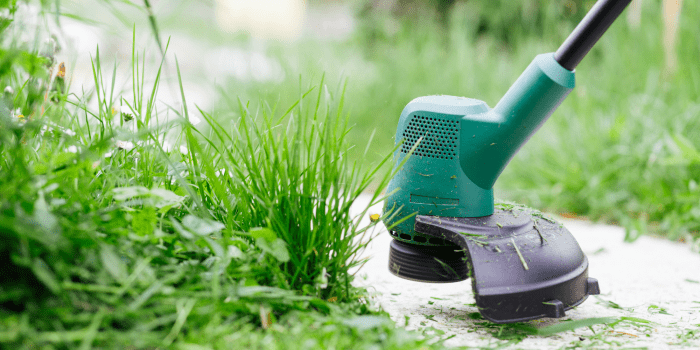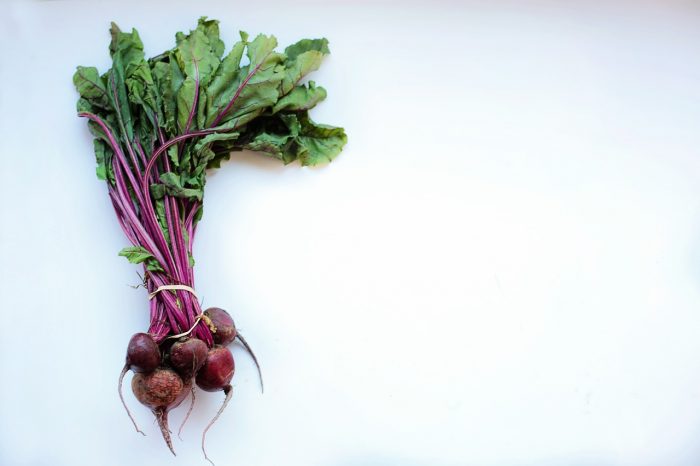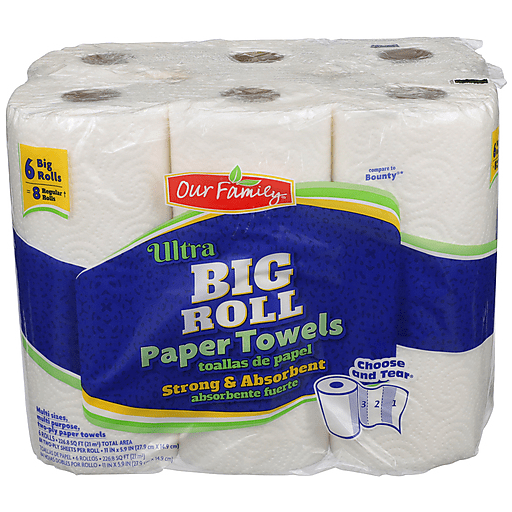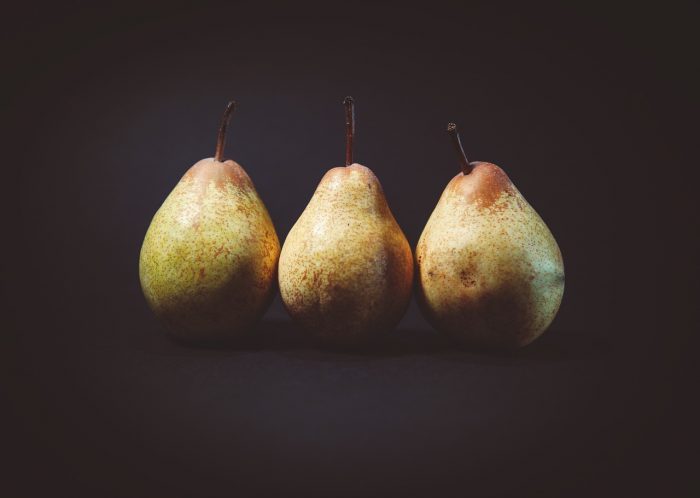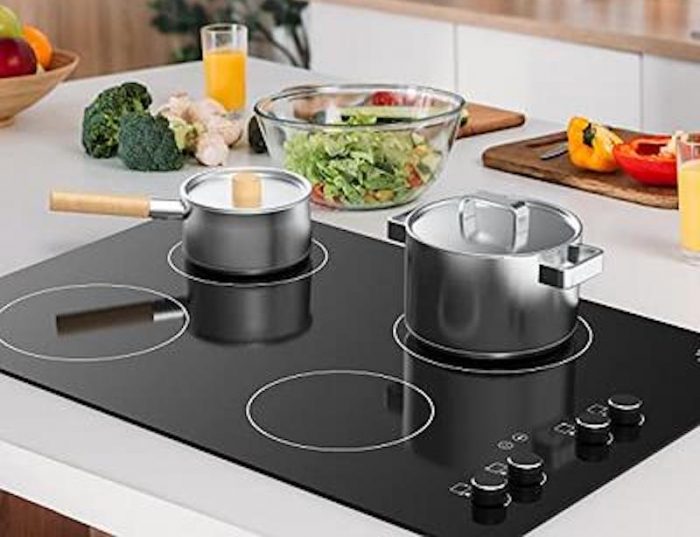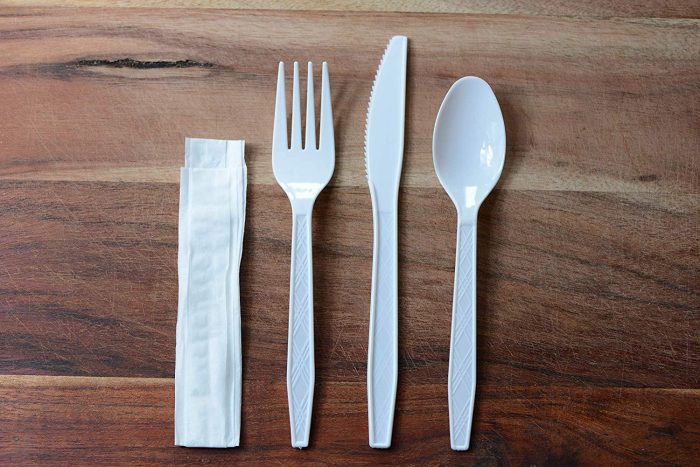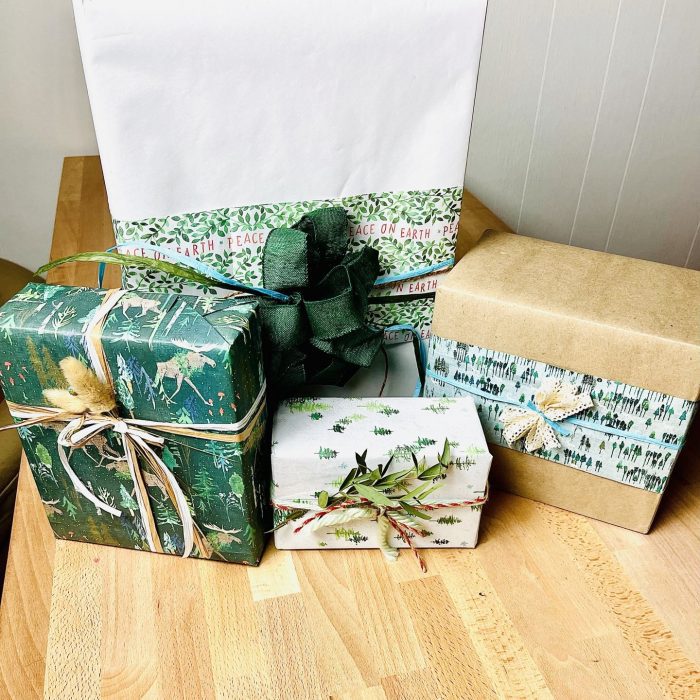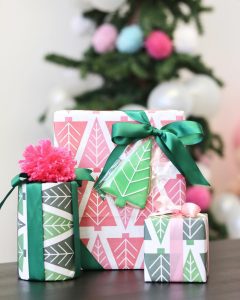A Column Promoting a More Earth-Friendly Lifestyle
By John L. Turner

If you search “wildlife entanglement — six-pack rings” and then choose images you’ll see many animals that have become entangled in those blasted plastic rings — sea turtles, waterfowl, seagulls, and many other species, sometimes with fatal consequences.
While it’s worth buying beverage packs that are packaged without rings whenever possible, and more and more companies are making other types of attachments that don’t pose the problems that the six-pack rings pose (there’s even one company that makes rings edible to marine life), if you find that your desired beverage pack comes connected with the six-pack rings it’s easy to ensure they don’t ever become a menace once you’ve tossed the rings in the trash. Simply take ten seconds to cut each of the rings!
To reduce the chance at making smaller plastic pieces that could become a problem, cut each ring just once. Also be sure to cut the smaller middle holes once as they could cause entanglement too. The key is to have no holes that could become a problem to a wild animal.
A resident of Setauket, author John L. Turner is conservation chair of the Four Harbors Audubon Society, author of “Exploring the Other Island: A Seasonal Nature Guide to Long Island” and president of Alula Birding & Natural History Tours.

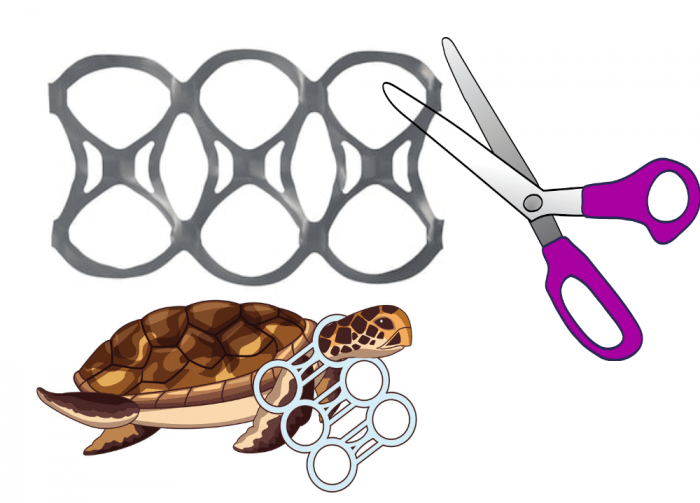
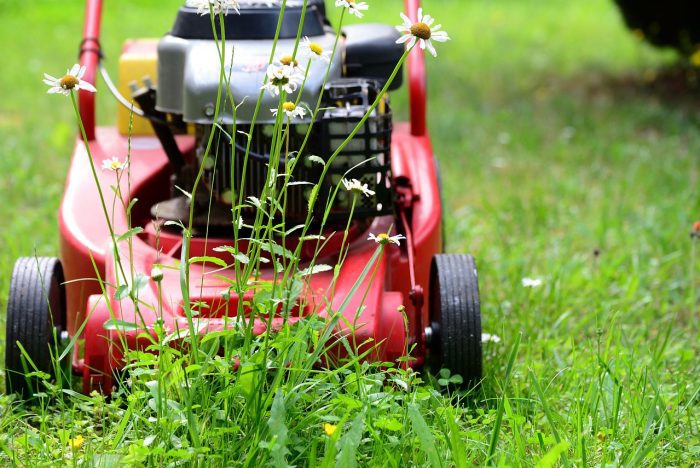
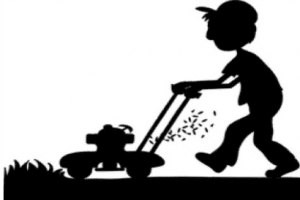 A resident of Setauket, author John L. Turner is conservation chair of the Four Harbors Audubon Society, author of “Exploring the Other Island: A Seasonal Nature Guide to Long Island” and president of Alula Birding & Natural History Tours.
A resident of Setauket, author John L. Turner is conservation chair of the Four Harbors Audubon Society, author of “Exploring the Other Island: A Seasonal Nature Guide to Long Island” and president of Alula Birding & Natural History Tours.